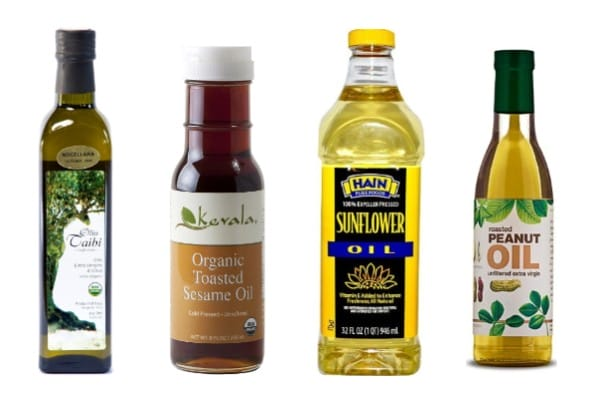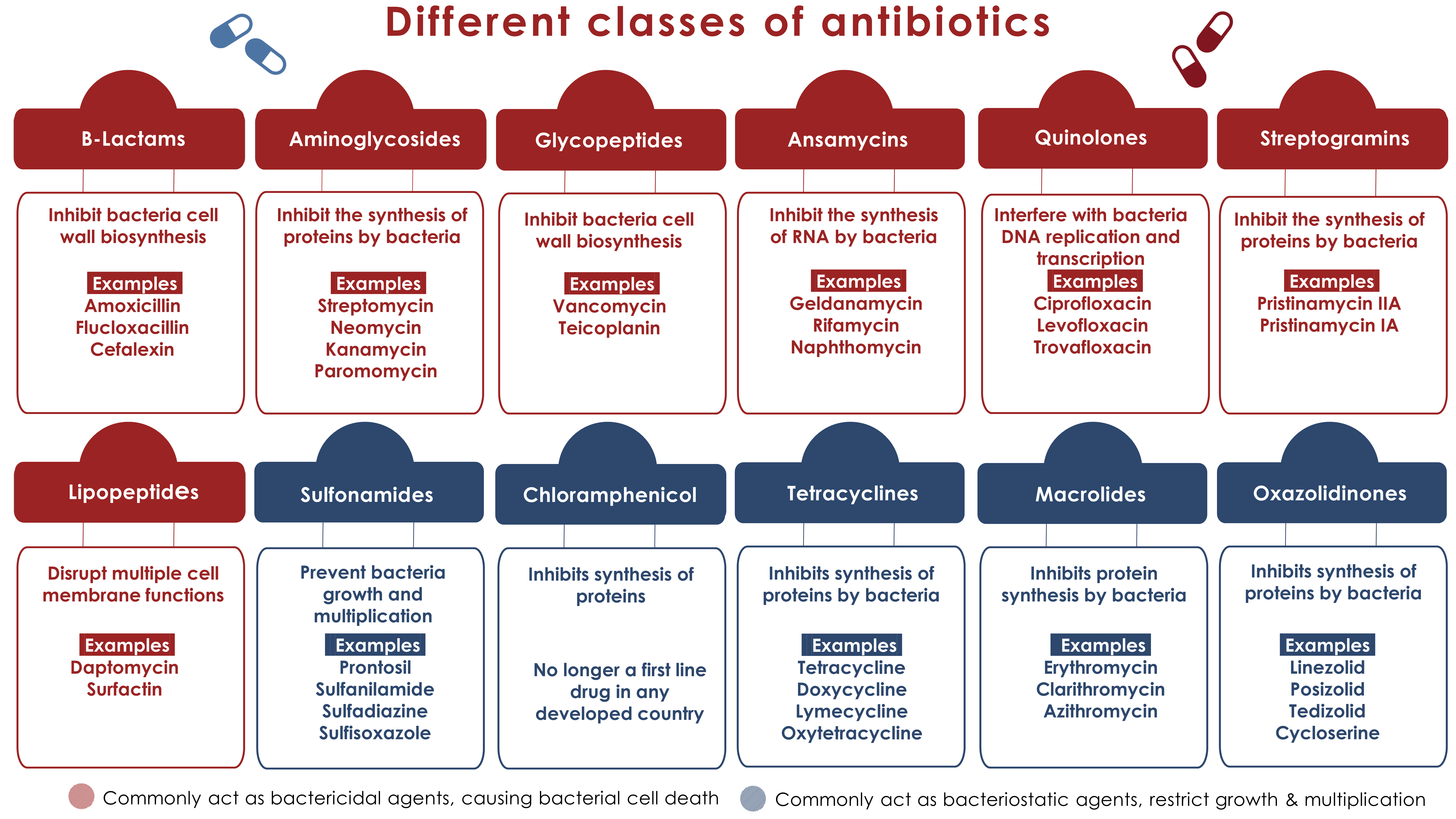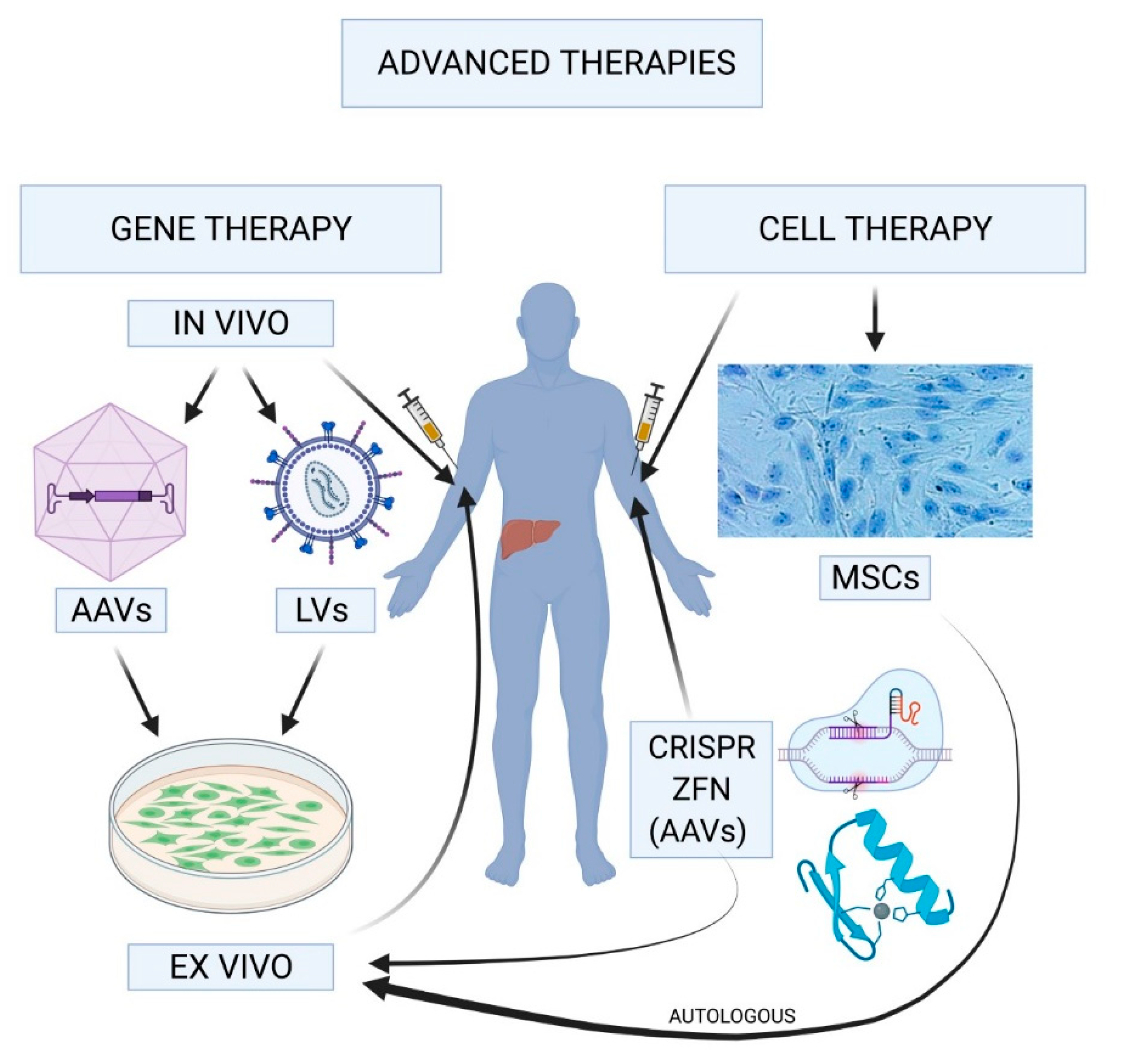Plant-based oils have emerged as a formidable alternative to traditional dietary fats like butter, offering significant health benefits that could even lower mortality risks. Recent research highlights that by replacing butter with plant-based oils—such as olive, canola, and soybean oil—one can potentially reduce the risk of premature death by up to 17%. This shift not only varies the types of dietary fats consumed but also enriches the diet with healthier unsaturated fats, which are known to promote overall health. The ongoing debate of plant oils vs butter emphasizes the need for thoughtful dietary choices, especially considering the health benefits of oils that have been demonstrated in large-scale studies. Thus, incorporating more plant-based oils into your daily meals can be a simple yet effective step toward enhancing your well-being.
Exploring alternatives to traditional cooking fats, particularly those derived from plants, reveals a wealth of nutritional advantages. These oils, often extracted from sources like seeds and fruits, boast a range of unsaturated fatty acids that contribute positively to cardiovascular health. The dialogue surrounding the replacement of butter with these vegetable oils continues to gain momentum, as research consistently points to the favorable impacts on longevity and disease prevention. Such dietary shifts not only help in mitigating health risks but also align with modern trends towards plant-based eating. Ultimately, embracing these organic oils can lead to a healthier lifestyle while supporting sustainability.
The Health Benefits of Plant-Based Oils Over Butter
Replacing butter with plant-based oils can significantly impact health, particularly regarding the risk of premature death. A recent study from Mass General Brigham revealed that individuals who incorporated more plant-based oils into their diets were statistically associated with a 17% lower risk of overall mortality. This is particularly true for oils such as olive, canola, and soybean, which offer beneficial unsaturated fatty acids compared to the saturated fats found in butter. The transition to plant oils aligns with a growing body of research indicating that healthier dietary fats can lower risks for chronic diseases, including heart disease and various cancers.
In addition to reducing mortality rates, plant-based oils possess a wealth of health benefits. They are known to combat inflammation, improve metabolic health, and even enhance brain function due to their high levels of antioxidants. Many oils, especially olive oil, are staples in the Mediterranean diet, which is praised for its numerous health advantages. By substituting butter—a product laden with saturated fats—with lighter, healthier oils, individuals can foster a more nutritious diet that aids in longevity.
Understanding Dietary Fats: A Comparative Analysis
Dietary fats are essential for overall health, but not all fats are created equal. Saturated fats, predominantly found in butter, can raise LDL cholesterol levels and contribute to cardiovascular diseases. On the other hand, unsaturated fats from plant-based oils are known for their heart-healthy properties. For instance, studies have shown that replacing butter with oils like canola or olive can lower the risk of heart disease significantly. Knowing the difference between these types of fats is crucial for making informed dietary choices that promote better health.
In comparing plant oils versus butter, it’s important to consider not just the type of fats consumed but also how they fit into the overall diet. The transition from butter to oils can be seen as a critical step in achieving a balanced consumption of dietary fats. It’s vital for individuals to evaluate their fat intake holistically, considering both quantity and quality to optimize health outcomes. This awareness can lead to lower mortality risks and better management of chronic conditions, establishing a solid foundation for healthier lifestyle choices.
Practical Tips for Replacing Butter in Your Diet
Making the switch from butter to plant-based oils can be easier than one might think. Start by considering the types of meals where butter is typically used—like baking, sautéing, or as a spread. For example, recipes can be adjusted to include olive or canola oil instead of butter. This can not only enhance the nutritional profile of meals but also introduce new flavors. Additionally, using oils in salad dressings or marinades can add richness without the saturated fats found in butter, making meals both delicious and healthier.
Another effective tip is to explore flavored oils, such as garlic-infused olive oil or sesame oil, which can add depth to dishes without compromising on health. Gradually replacing butter with plant-based oils, even in small amounts, can contribute to significant long-term health benefits, as showcased in the studies about dietary fats. It’s not just about eliminating butter; it’s about integrating healthier choices and diversifying the types of fats consumed for better health outcomes.
The Link Between Dietary Oils and Lower Mortality Risks
Recent data suggests that the consumption of plant-based oils could lead to a substantial decrease in mortality risks. The study conducted involved over 200,000 participants and found that the intake of oils like soybean and olive correlated with a significant drop in deaths linked to chronic diseases. This suggests that simply altering dietary habits by incorporating more oils may have enduring benefits for longevity. The key takeaway is that managing dietary fats effectively can lead to a healthier life.
The correlation between lower mortality rates and the consumption of plant-based oils also brings attention to the importance of dietary awareness. Understanding the health benefits of these oils empowers individuals to make choices that align with their health goals. By decreasing the reliance on butter and other high-saturated fat products, not only can individuals reduce their risk of chronic illnesses, but they could also enhance their overall quality of life. This shift towards healthier fats is a crucial step in promoting better health across populations.
The Scientific Evidence Supporting Oil Substitution
The findings of the study conducted by Mass General Brigham are grounded in data spanning over three decades, making it a robust piece of scientific evidence on dietary fats. Researchers meticulously analyzed the diets of participants every four years and tracked health outcomes to establish clear correlations between dietary fat intake and mortality rates. Their conclusions highlight the tangible benefits of swapping butter for plant-based oils, which provide insights into broader dietary patterns and health outcomes.
Substituting butter for plant oil was shown to have a dramatic effect, with the study indicating a staggering 17% reduction in cancer deaths and overall mortality when this transition was made. This substitute analysis strengthens the claim that simple dietary changes can yield meaningful health benefits over time. As future research continues to explore the biological mechanisms behind these findings, individuals can take actionable steps in their daily diets right now, with evidence firmly pointing to the value of integrating healthier fats.
Exploring the Nutritional Profiles of Plant-Based Oils
Understanding the nutritional profiles of plant-based oils reveals why they are favored over butter. For instance, plant oils are rich in essential omega-3 and omega-6 fatty acids, which play crucial roles in heart health and inflammation control. On the contrary, butter is predominantly composed of saturated fats, contributing to higher cholesterol levels which can be detrimental in the long-term. Embracing these healthier oils not only meets dietary fat needs but does so in a manner that promotes overall well-being.
Furthermore, the vitamins and antioxidants found in certain oils, like vitamin E in sunflower oil and polyphenols in olive oil, provide additional health benefits. These components help protect against oxidative stress and contribute to cardiovascular health. By understanding these nutritional benefits, consumers can make informed choices about their dietary fat sources, ultimately leading to healthier eating patterns and improved health outcomes.
Butter vs. Plant-Based Oils: The Nutritional Debate
The debate between the health implications of butter versus plant-based oils has long been a hot topic in nutritional science. While traditional views often held a nostalgic appreciation for butter in cooking and baking, recent studies are shining a spotlight on the health risks associated with high saturated fat consumption. Conversely, plant oils are being championed for their heart-healthy attributes and ability to promote better metabolic health, suggesting a shift in how diets are planned and ingredients chosen in culinary practices.
As more evidence emerges supporting the benefits of unsaturated fats found in oils such as canola and olive, the necessity to reevaluate dietary fats becomes evident. This is especially important in the context of rising rates of cardiovascular diseases and obesity. The transition away from butter towards plant oils can symbolize a broader recognition of health priorities—as dietary guidelines evolve to reflect new research, food choices should follow suit to promote longevity and wellbeing.
Long-Term Health Benefits of Embracing Plant-Based Oils
The long-term health benefits associated with embracing plant-based oils are becoming increasingly clear, especially with the latest findings showing significant links to lower mortality risks. Regularly incorporating oils such as olive, canola, and sunflower into one’s diet can drastically improve health outcomes over the years, promoting longevity and reducing chronic disease risks. This is particularly noteworthy for populations at higher risk of diseases influenced by dietary habits, making it essential to spread awareness of these benefits.
Furthermore, the implications of substituting butter with plant-based oils extend beyond individual health. From a public health perspective, widespread acknowledgment of these benefits could contribute to lower health care costs and improved societal well-being. Encouraging a diet rich in healthy fats has the potential to transform collective health, and research like that from Mass General Brigham strengthens the case for making such dietary changes a priority for communities.
How to Transition to Healthier Oils in Your Cooking
Transitioning to healthier oils in your cooking can start by making simple switches in recipes you already enjoy. When baking, try replacing butter with an equal amount of a lighter oil, or when frying, opt for plant-based oils that have a higher smoke point, such as avocado oil. This shift not only promotes better health due to the reduction in saturated fats but also enhances the flavor and quality of your dishes.
Additionally, it’s beneficial to experiment with different types of plant-based oils to find what best fits your palate. Each oil brings its own unique flavor and health benefits, so diversifying your choice can keep your meals interesting and nutritious. Over time, as you become accustomed to utilizing oils such as flaxseed or sesame oil, you might find yourself reducing or eliminating butter from your diet, ultimately leading to a healthier lifestyle.
Frequently Asked Questions
What are the health benefits of plant-based oils compared to butter?
Plant-based oils are associated with numerous health benefits, particularly when compared to butter. A study showed that daily substitution of butter with plant-based oils, like olive or soybean oil, may reduce the risk of premature death by up to 17 percent. This is largely attributed to the higher content of unsaturated fatty acids found in these oils, which can improve heart health and lower overall mortality risks.
How can I replace butter with plant-based oils in my diet?
Replacing butter with plant-based oils can be simple. Use oils like olive, canola, or soybean oil for cooking, frying, and baking. For spreads, consider using oil-based margarine or blending olive oil with herbs. This dietary swap not only enhances flavor but may also contribute to lower mortality risk as supported by research findings.
Why are plant-based oils considered healthier than butter?
Plant-based oils are considered healthier than butter because they contain a higher proportion of unsaturated fats, which are beneficial for heart health. In contrast, butter is high in saturated fats, which can lead to increased risks of heart disease and overall mortality. Studies indicate that replacing butter with plant-based oils can significantly lower health risks.
What types of plant-based oils are most beneficial for health?
Some of the most beneficial plant-based oils include olive oil, canola oil, and soybean oil. These oils are rich in unsaturated fats and antioxidants. Research suggests that regular consumption of these oils is linked to a lower mortality risk linked to chronic diseases, including cancer and cardiovascular conditions.
How do dietary fats from plant-based oils impact mortality risk?
Dietary fats from plant-based oils, especially those rich in unsaturated fats, have been linked to a lower risk of mortality. A study found that individuals who consumed more plant-based oils experienced a 16 percent lower risk of death compared to those who ate less. This suggests that incorporating more plant-based oils into your diet may lead to significant health benefits.
Can switching to plant-based oils really lower my risk of chronic disease?
Yes, switching to plant-based oils has been shown to potentially lower the risk of chronic diseases. By substituting butter with oils high in unsaturated fats, studies indicate a 17 percent reduction in the risk of cancer deaths and overall mortality. Therefore, adopting plant-based oils in your diet is a proactive step towards better health.
What is the difference between plant oils and butter in terms of dietary fats?
The primary difference between plant oils and butter is their fat composition. Plant oils predominantly contain unsaturated fats, which are considered heart-healthy, while butter is high in saturated fats, linked to increased health risks such as heart disease and higher mortality rates. Thus, plant oils are often recommended as a healthier dietary fat choice.
Is it better to use margarine or plant-based oils instead of butter?
While margarine can be a substitute for butter, using plant-based oils is generally considered healthier. Many margarines contain trans fats or saturated fats. Plant-based oils like olive, canola, or soybean oil are preferable as they offer more unsaturated fats and have been shown to lower mortality risk when incorporated into diets.
| Key Point | Details |
|---|---|
| Study Overview | Research from Mass General Brigham and Harvard indicates a 17% lower risk of death when substituting butter with plant-based oils. |
| Health Implications | Replacing butter with oils like soybean, canola, and olive oil is linked to decreased mortality from cancer and heart diseases. |
| Study Duration | The dietary habits of over 200,000 individuals were analyzed over 30 years. |
| Saturated vs Unsaturated Fats | Butter is high in saturated fats, while plant-based oils provide healthier unsaturated fats. |
| Dietary Recommendations | Cutting back on butter and increasing plant-based oil consumption can lead to long-term health benefits. |
| Participant Demographics | Primarily health professionals, indicating possible limitations in generalizability. |
Summary
Plant-based oils have been shown to significantly reduce the risk of premature death according to recent studies. By simply swapping out butter for healthier oils like soybean and olive oil, individuals could lower their overall mortality risk by 17%. This dietary adjustment not only reduces the risk of cancer and cardiovascular diseases but also promotes overall better health outcomes. As research continues to explore the implications and mechanisms behind these findings, it becomes increasingly clear that integrating plant-based oils into our diets is a simple yet effective way to enhance our longevity and well-being.



